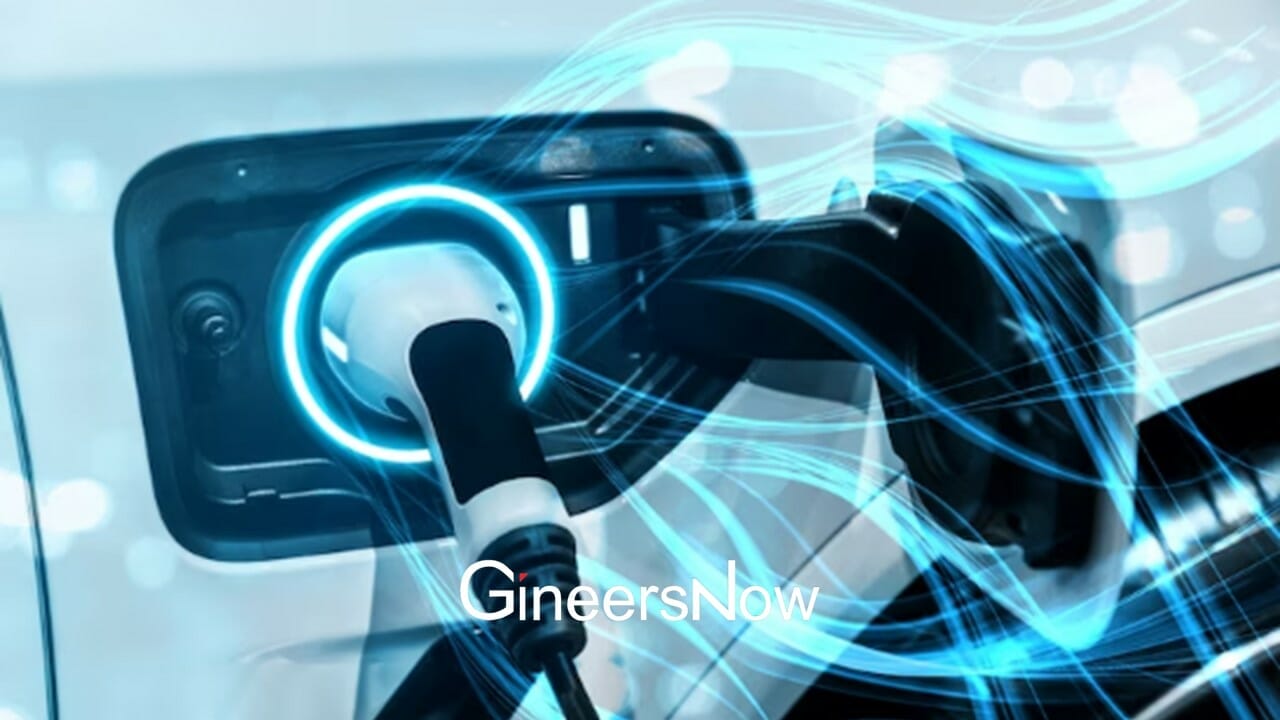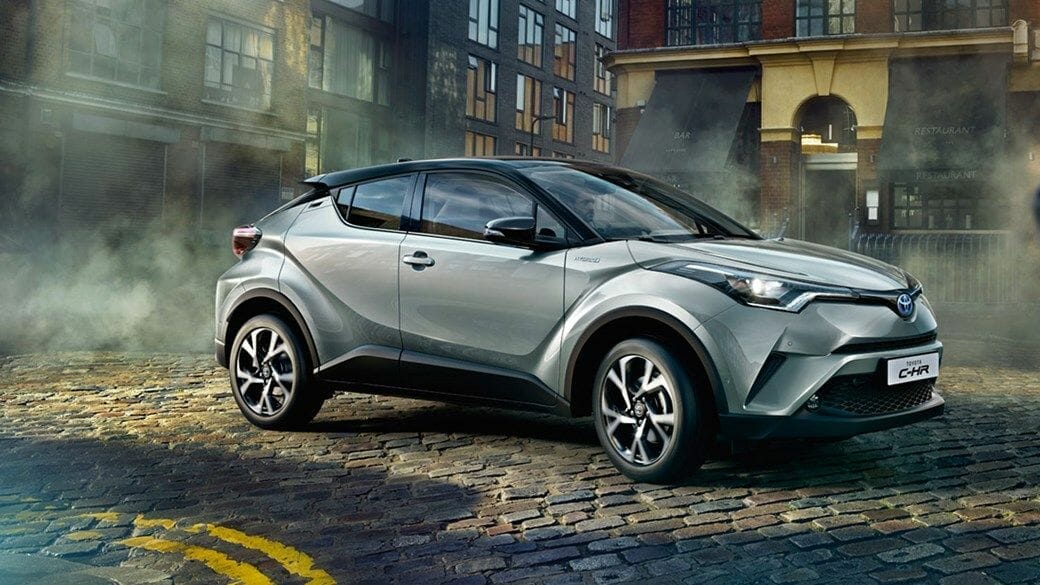Sponsored by Fisker
Fisker Inc. – designer and manufacturer of the world’s most emotion-stirring, eco-friendly electric vehicles and advanced mobility solutions – has announced its commitment to being a global leader in measuring and reporting on the company’s environmental, social and governance (“ESG”) practices.
“With a vision of a clean future for all and a mission to develop the world’s most sustainable vehicles, we have the opportunity to embed these important values into every aspect of our business and supply chain,” said Henrik Fisker, chairman and CEO of FiskerInc. “At Fisker, we’re not just talking the talk.
We’ve recognized the need to be a leader in measuring and reporting our practices that not only deliver on creating greener and more exciting mobility worldwide, but also reflect our commitment to doing business better than what has been seen before in the automotive industry. As we launch and expand our exciting lineup of vehicles, our ESG actions and reporting will further define our brand and distinguish our products – giving buyers confidence in a name that puts real action behind its values.”
Fisker aims to set the standard for ESG reporting and has engaged a leading professional services firm to assist in developing a comprehensive strategy, which will evolve and grow with the company, to best measure Fisker’s impact and progress toward sustainability and creating a cleaner future. Highlights of current environmental, social and governance practices and goals include:
Environment
Fisker recognizes the impact of the automobile industry on the environment, focusing on the creation of exciting unique zero emission vehicles that further pave the path to mass decarbonation.
- Solar roof: optional solar roof supporting each vehicle’s electric power source, boosting efficiency and lowering carbon emissions by leveraging solar energy.
- Vegan interior: 100% polycarbonate polyurethane surfaces and 100% reinforced rayon backing – meeting and exceeding stringent chemical emission limits.
- Recycled rubber waste: utilizing discarded rubber waste generated during tire manufacturing that will no longer be dumped into landfills – contributing to a more circular economy.
- Interior trim: derived from recycled polyester fibers (T-shirts), fishing nets and plastic bottles to reduce energy consumption and carbon emissions into the atmosphere by 80%.
- Sustainable manufacturing: Fisker will soon announce the selection of an existing manufacturing facility to produce its upcoming 2022 FiskerOcean – guaranteeing further reduction of its carbon footprint and emissions.
- Increased useful life: the company’s affordable ownership model and its flexible lease program allow customers to return their vehicles at any time, without long-term commitment. The unique approach allows Fisker to easily refurbish and update used vehicles for new customers. This is expected to increase the utilization time of each vehicle – further reducing the need to push more products and options to market every quarter.
- Circular business model: the company will continue to improve and expand its “cradle to cradle” approach for refurbished vehicles – harvesting any usable parts, including batteries for energy storage at end of life.
- Direct-to-consumer model for elevated sustainability: with no dealer networks, Fisker’s model of delivering a vehicle directly to each customer not only offers a superior brand experience, but also drastically reduces the company’s overall carbon footprint.
Social
Criteria will continue to be developed with the objective of every employee and stakeholder helping to do business better, as well as contribute to a brighter future for society/industry.
- Fisker will be working with its counsel to develop best-in-class benefits and inclusive strategies to make Fisker one of the happiest places to work.
- Company employees participate in regular beach cleanup days to contribute to the common goal of creating a cleaner planet.
- Ethical supply chain sourcing and supplier carbon footprint: Fisker has already started working on guidelines for suppliers to quantify their carbon footprint and sustainable manufacturing approaches, including the deployment of renewable energy in plants and facilities.
- Fisker will adopt market-accepted standards and frameworks for measuring social impact.

Governance
Fisker’s corporate governance practices will be critical in addressing all stakeholders.
- Executive compensation will be transparent and be subject to compensation policies and committees that are tied to the long-term business value and growth of the company.
- Fisker’s board of directors is comprised of a diverse group of highly qualified individuals.
- Fisker’s long-term value strategy will be embedded into the company’s interviewing, onboarding and training processes to attract and develop team members who share Fisker’s vision and values.






















